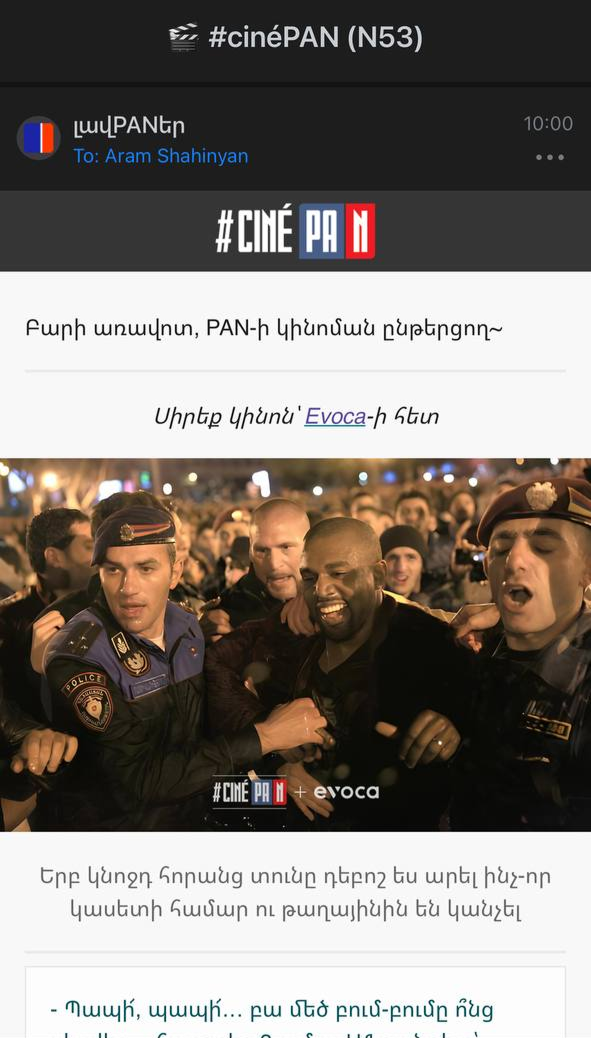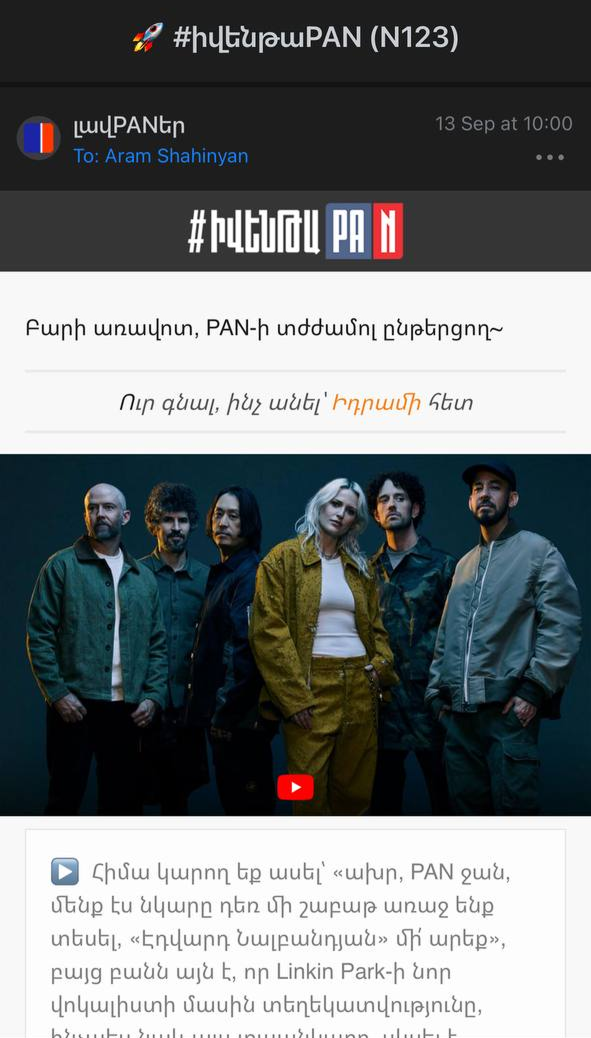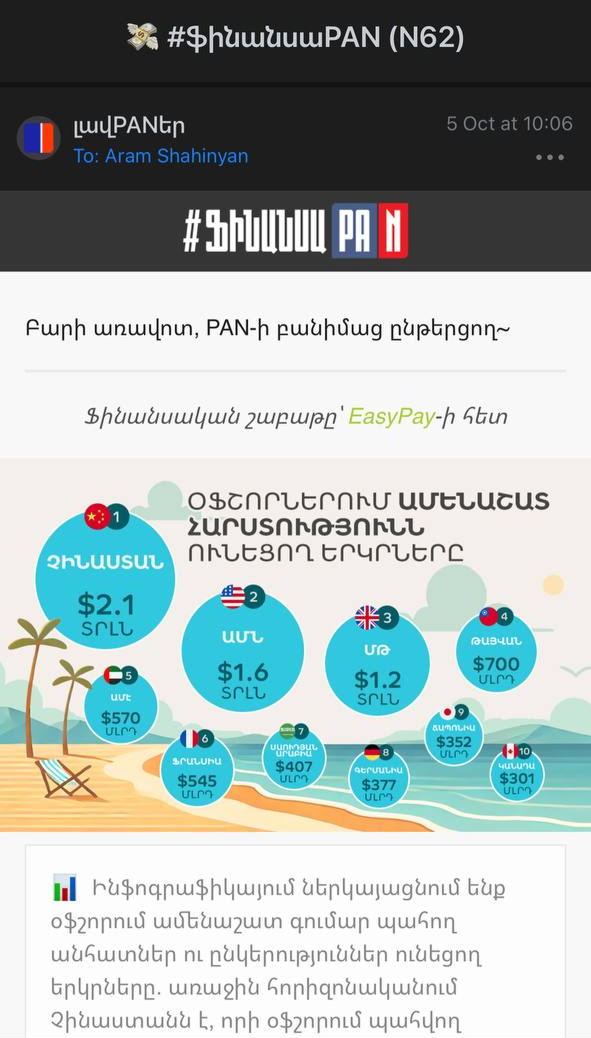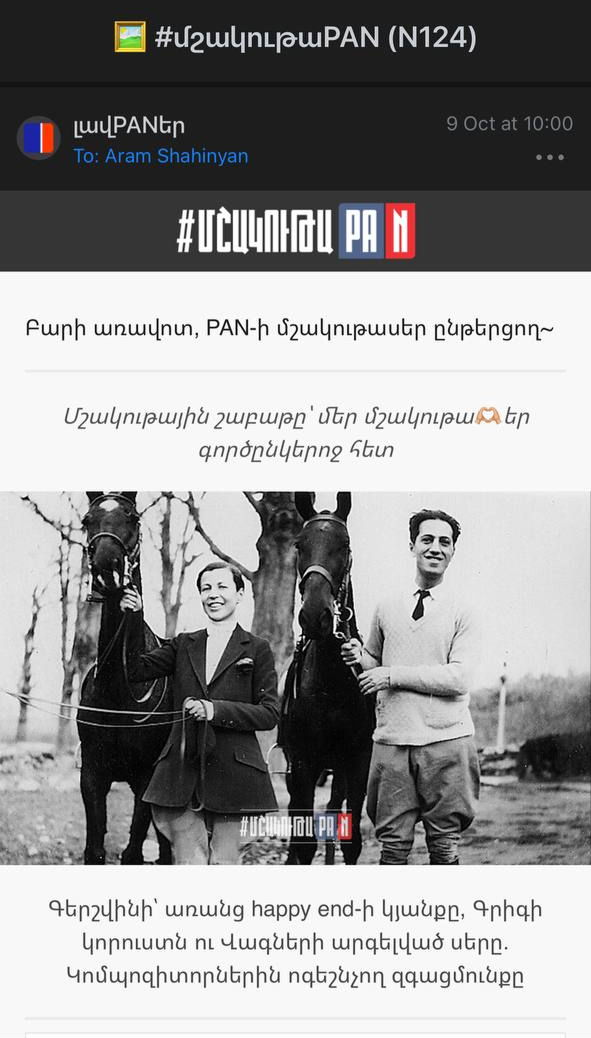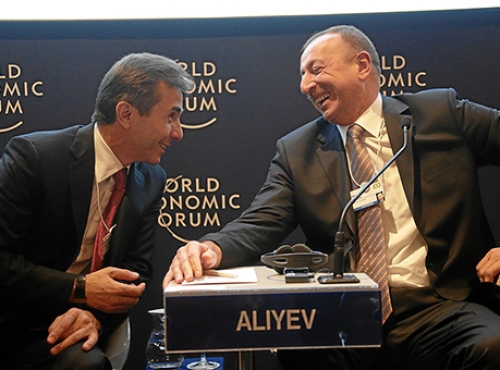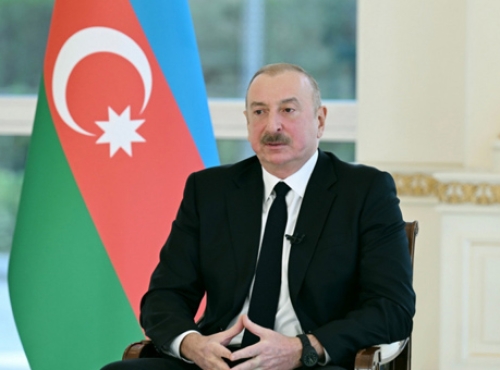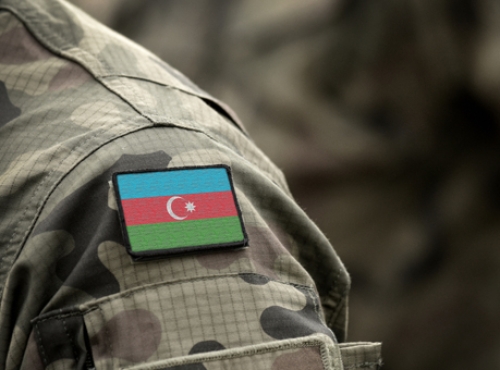The further fate of Azeri serviceman Ramil Safarov, accused of murder of Armenian officer Gurgen Margarian, will develop only in the Hungarian prison, as there is no danger of extradition, Hayk Demoyan, Armenian Defense Ministry representative at the Budapest trial, stated in the course of an on-line interview organized by Open Armenia Forum. In his words, Safarov will carry punishment in Hungary. As noted by H. Demoyan, it is very hard to say whether the sentence will be pronounced this year or the process will be prolonged for an unknown period of time, as everything depends from the further course of the trial. It is quite possible for the final decision to be made in September. Answering a question what are the chances for attaining most severe verdict – life imprisonment, the Armenian Defense Ministry representative noted that it does not depend either from the Azeri or Armenian parties. Judge Andrash Vaskuti will pronounce the final verdict. He has a reputation of a very consecutive and principal person. As of the trial sitting itself, Demoyan noted that “the defense strategy provides for refusal of Safarov’s responses and I suppose it is done for Safarov not making additional revelations.” There is little doubt that during the first court sitting Safarov read a text in Turkish prepared beforehand and refused to answer any questions. “It is funny that during the February hearing when answering the judge’s question “how old you were in 1993”, Safarov answered, “I refuse to answer this question,” thus vivifying the court hall,” Demoyan noted. In his words, the defense line is creation of a legend about an alleged provocation by the Armenian officers. At that there is no mentioning of Gurgen Margarian and Hayk Makuchian “cleaning their boots with an Azeri flag”, “switching records with scenes of violence against Azeri women” in Safarov’s early testimony or in any evidence of the witnesses. Both Safarov and the second Azeri officer say nothing about these “facts” in their first testimony. So does even Adil Ismailov, the Azeri lawyer. It is enough to mention that this “version” appeared in the Azeri press three weeks after the crime. “A question rises: why not at once, if there were such scandalous matters took place? Those, who wish to justify Safarov and refer to those “facts”, should know that is it is a monstrous lie, created to justify a monstrous crime,” Demoyan noted. In the course of the two hearings these “facts” were never mentioned either by the court or the defense party. It is a frank disinformation, created for manipulation of the public opinion in Azerbaijan. Unfortunately, it is an already formed tradition of political culture in Azerbaijan. There was no personal conflict and even contact between the Armenian and Azeri officers. Safarov himself says that he did not answer the salutations of the Armenian officers. Moreover, he confesses that after he got to know representatives of Armenia were present at the courses, he got a negative predisposition. As a result the defense had to try to emphasize that Safarov knows Russian badly. First, the interrogation was held not in English, but in Russian. At the same time, as Safarov noted before the beginning of the English language courses, he knows Russian perfectly and when filling out the questionnaire marked Russian as his mother tongue. And it is quite understandable, as already in 1991 he moved from Jabrail to Russian-speaking Baku.

ԻմPANը








